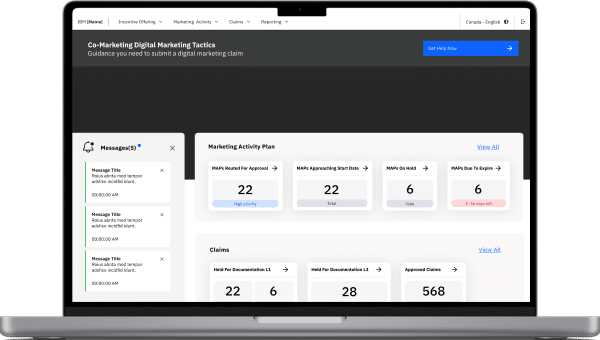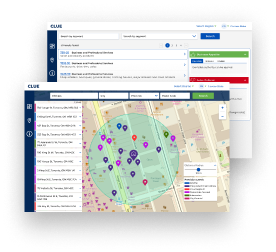Precision Manual Testing for an Optimized User Experience
Precision Manual Testing enhances software quality by focusing on usability, consistency, and system behavior. Idea Theorem’s QA team conducts hands-on testing to simulate user interactions, uncovering issues and defects that automation may miss.
We perform cross-browser and cross-device testing to ensure seamless performance across platforms. By analyzing extreme conditions, we provide feedback to refine design and performance, ensuring a smooth, frustration-free user experience.
Secure & Compliant Software Testing
Idea Theorem’s Compliance and Risk Assessment Testing identifies vulnerabilities, mitigates risks, and ensures adherence to GDPR, HIPAA, and WCAG standards. Through penetration testing and security evaluations, we protect applications from cyber threats.
We ensure seamless performance across browsers and devices, with audit-ready security reports for transparency. Continuous monitoring and proactive risk mitigation help businesses stay secure, compliant, and resilient against evolving threats.
Scalable & High-Performance Software
Idea Theorem’s Performance Engineering & Scalability ensures fast, stable, and responsive software under any load. We identify bottlenecks, optimize infrastructure, and conduct load and stress testing for seamless performance during peak demand.
Our global performance testing guarantees reliability, while latency optimization eliminates slow response times. With scalable architecture, we help businesses deliver high-performance digital experiences that grow with their needs.
Consistent & Reliable Cross-Browser Experience
Cross-Browser Testing Services ensure uniform performance and seamless user experience across devices and browsers. Idea Theorem leverages testing to validate UI rendering, functionality, and responsiveness across browsers, providing a flawless digital experience.
We perform compatibility testing on different browser versions, operating systems, and screen sizes to identify inconsistencies and optimize performance. By simulating actual usage scenarios, we detect and rectify rendering issues, errors, and layout shifts before deployment, making it more accessible and usable for all.
Seamless & Adaptive User Experience
Responsiveness Testing Services render seamless user experiences on every device and screen size. Idea Theorem utilizes testing to validate adaptive layouts, touch interactions, and content resizing, resulting in a uniform and user-friendly interface.
We test responsiveness on various resolutions, device orientations, and operating systems to find inconsistencies and optimize functionality. By simulating real-case usage scenarios, we detect and correct layout shifts, overlapping elements, and navigational issues before deployment, enhancing accessibility and user interaction.
Importance of Software Testing and QA
Why Choose Idea Theorem as a QA Partner
Top Software Testing Company in Toronto
As a top software testing company in Toronto, Ideatheorem delivers exceptional quality assurance services tailored to your needs. Our expert QA team utilizes advanced methodologies, including functional, regression, and performance testing, to guarantee that your applications meet the highest standards. We provide thorough coverage across all platforms and devices, ensuring reliability and a superior user experience. Trust Ideatheorem for your software testing services in Toronto.











































